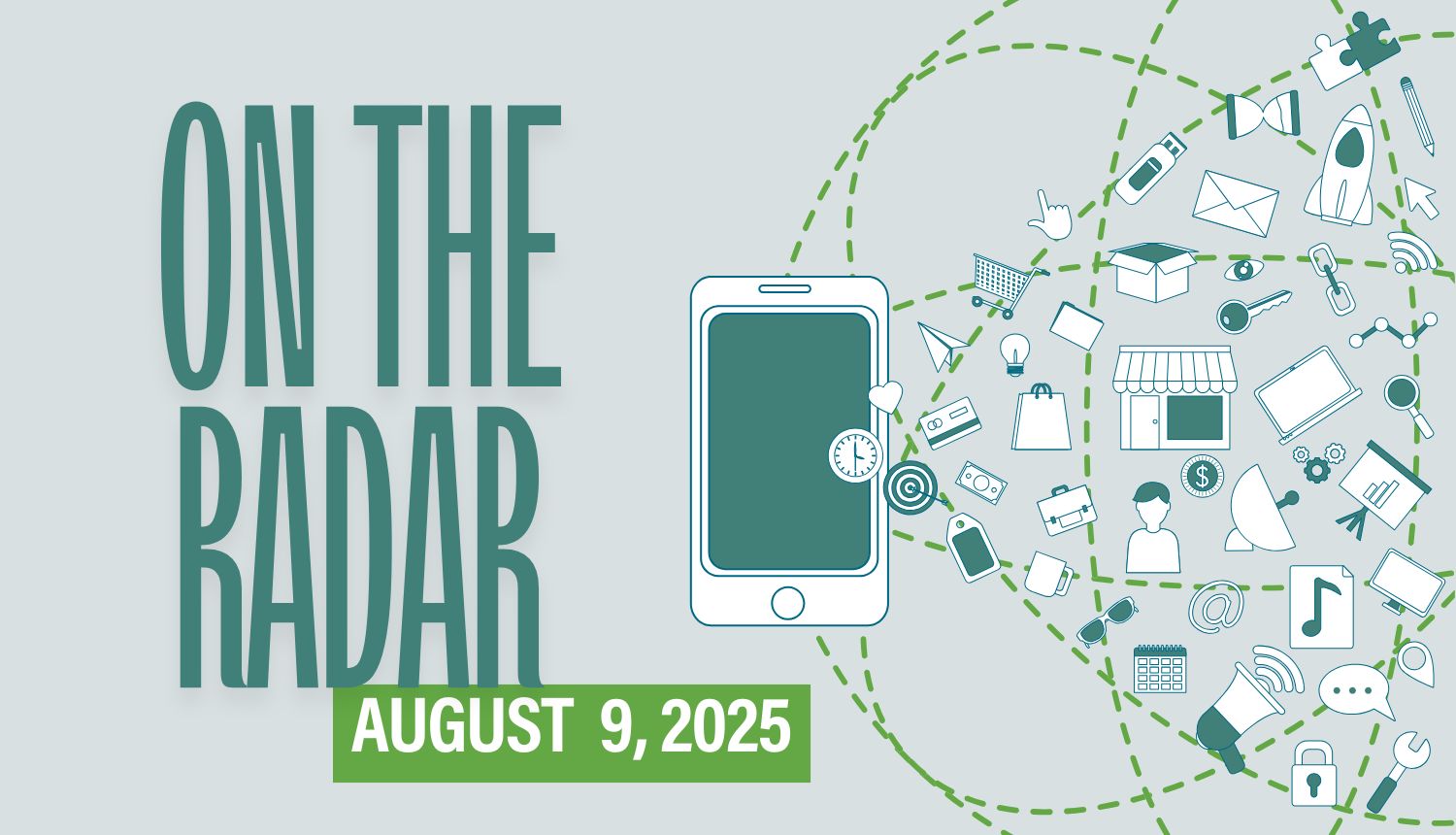ChatGPT Offers Dangerous Advice to Vulnerable Teens
What? According to the Associated Press, when asked about alcohol, drugs, eating disorders or suicide, ChatGPT warns against risky behaviors but still provides “detailed and personalized plans for drug use, calorie-restricted diets or self-injury.”
So What? With roughly 800 million people (10% of the world’s population) using the OpenAI chatbot, “the stakes are high.” However, OpenAI is reportedly working on correcting this known problem. At a conference last month, OpenAI CEO Sam Altman said, “People rely on ChatGPT too much,” referencing how young people trust the chatbot to make all their life decisions.
Now What? While it’s encouraging to hear that the creators of ChatGPT are invested in fixing this issue, here are some things parents can do right now to reduce the risk to their children. Talk to your teens about their use of ChatGPT. Explain the concept of sycophancy to them, “a tendency for AI responses to match, rather than challenge, a person’s beliefs because the system has learned to say what people want to hear.” And remind them that while it may seem like ChatGPT knows them better than anyone, it certainly can’t relate to them the way our Father in heaven, who created us—or even our parents here, who raised us—can.
Teens With Suicidal Thoughts Drops from 13% to 10%
What? According to a survey conducted by the U.S. Department of Health and Human Services, “the prevalence of serious suicidal thoughts in 12- to 17-year-olds fell from nearly 13% in 2021 to 10% in 2024. And the prevalence of suicide attempts by teens also fell slightly—from 3.6% to 2.7%.”
So What? Experts still caution that there are too many teenagers with suicidal ideation (2.6 million in 2024 or one in 10 kids). And the report also found that 700,000 teens attempted suicide in the past year. However, experts are also encouraged by these findings. And they’re hopeful that it will influence the ongoing conversation about the importance of affordable mental health care.
Now What? Although the study didn’t delve into the potential causes for the improvement, one expert hypothesized that it may be due to teens opening up to others about their suicidal struggles. That difficult subject may indeed feel a little taboo, but if your child opens up to you (or you hear that they’ve spoken to someone else about this topic), don’t avoid it. When teens feel free to express their real feelings without judgement, it helps them feel less isolated (a known suicide risk factor). And research has shown that talking about suicide—even asking someone if they’ve ever had similar thoughts—is actually more likely to help.
What? Fox News reports that teens are now participating in the “Door-Kick Challenge,” a social media trend where teens film themselves kicking in the doors of homes (though not entering) to scare the residents.
So What? Law enforcement offices are issuing warnings to parents of teens, since frightened homeowners may respond to such a prank with aggressive or even deadly force.
Now What? Teach your kids to think through the safety of a trend before jumping on the bandwagon. Titania Jordan, CMO and chief parent officer at Bark Technologies (a parental control app) says that teens participate in trends such as this to get attention: “This sort of content is going to get likes. It’s going to get comments. … children aren’t thinking, ‘Is this the right thing to do? Is this safe?’ They’re thinking, ‘I want validation.’” And Jordan warns that this sort of behavior could get a teenager killed.


